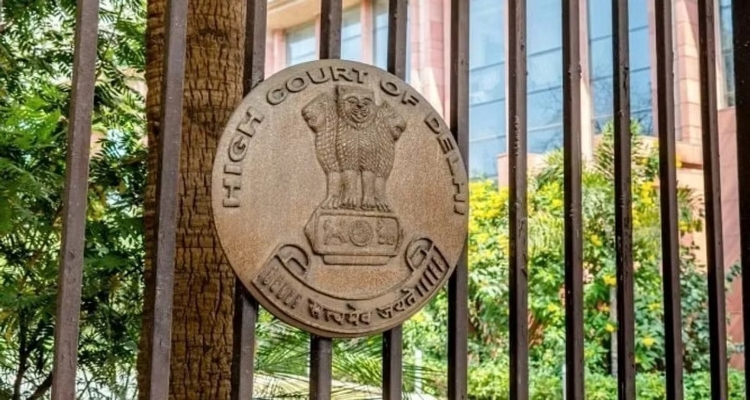
The Delhi High Court has recently overturned a summons order against Dr. G.K. Arora, former principal of B.R. Ambedkar College at the University of Delhi, in a case concerning the suicide of a female lab attendant.
The attendant had self-immolated at the Delhi Secretariat and later succumbed to her injuries, having previously accused Arora and another college employee of harassment.
Justice Amit Sharma set aside the summons issued by the Tis Hazari Court on September 17, 2014, stating, “The summoning order… passed by the Learned Metropolitan Magistrate, Tis Hazari Courts is set aside.” Justice Sharma highlighted that previous complaints filed by the deceased had been investigated and dismissed by independent statutory bodies that were not under Arora’s direct control.
Additionally, the suicide note referenced not only the petitioners but also implicated other figures, including the Chief Minister of Delhi and the Vice Chancellor of Delhi University.
Justice Sharma observed that the grievances in the suicide note extended beyond the petitioners, underscoring that “the said note even blamed the Hon’ble Chief Minister, Delhi as well as the Vice Chancellor of Delhi University.”
The incident had already been reviewed by both the National Commission for Women and the B.L. Garg Commission, with both bodies exonerating Arora and the other accused.
The High Court also reflected on the nature of administrative duties, pointing out that individuals in certain positions often have to make difficult decisions that may not always be favorable to employees. The court emphasized that “in the absence of the requisite mens rea,” such decisions should not automatically be seen as abetment under Section 306 of the Indian Penal Code (IPC), which pertains to abetting suicide.
Justice Sharma noted that each case should be assessed based on its specific circumstances.
The case originated on September 30, 2013, when a PCR call reported that a woman had set herself on fire outside Gate No.6 of the Delhi Secretariat. Police recovered several items from the scene, including a bottle of kerosene, a matchbox, and a suicide note. In the note, addressed to the Commissioner of Police, Delhi, and Congress leader Sonia Gandhi, the woman attributed her actions to alleged mental and physical harassment by Arora and Ravinder Singh, a Senior Assistant at the college.
After succumbing to her injuries on October 7, 2013, an investigation added Section 306 of the IPC to the case, which had been registered at PS IP Estate. While a closure report citing insufficient evidence was initially filed, the deceased’s husband challenged the findings through a protest petition at Tis Hazari Court. On September 17, 2014, the Metropolitan Magistrate, after reviewing both the closure report and the protest petition, found there was enough evidence to summon Arora and Singh.
However, the High Court’s latest order removes both individuals from the case, underscoring the importance of mens rea in accusations of abetment and recognizing that professional decisions do not equate to incitement without concrete intent to harm.




